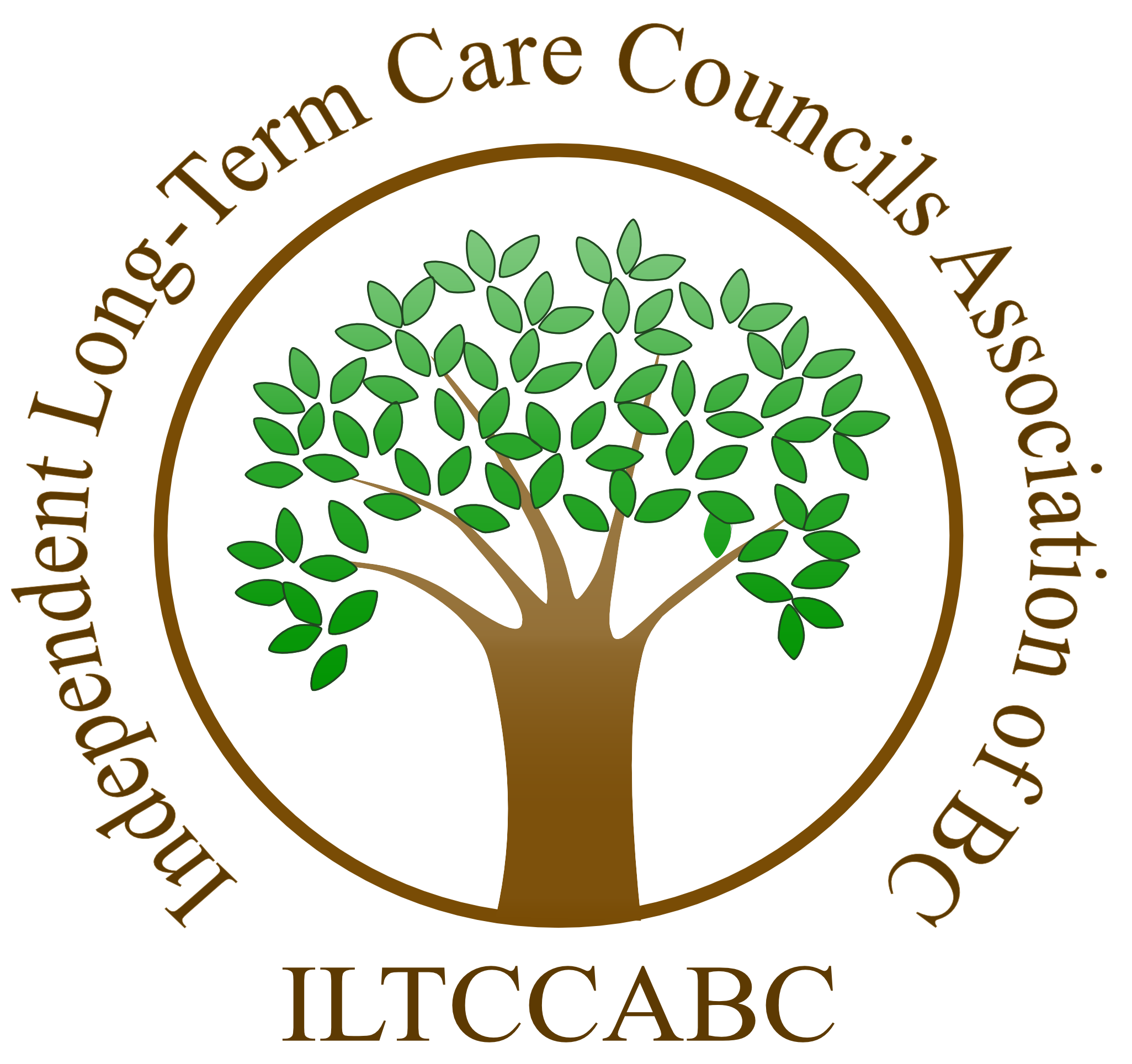Please reach out to your respective Regional Association of Family Councils Each regional association has experienced volunteers who will assist LTC home operators and Residents and their representatives to learn about, establish and maintain effective “Resident Councils. Experienced volunteers share their knowledge of the LTC system and offer many resources to equip resident councils with the tools they need to enable them to advocate effectively on behalf of all residents
WHO CAN SET UP A RESIDENT COUNCIL?
Residents can set up a residents Council independently. Although many residents are eager to participate in councils some residents may be unable to do so. IF residents are unable to participate in a Resident Council, a family member or a personal representative may attend on their behalf. Some residents may not have a family member who is available or interested in participating in a Council. In this case, the resident may be represented by a close personal friend.
LTC home leadership must encourage and support the establishment of a resident council.
WHAT IS A RESIDENT COUNCIL?
A Resident Council is a forum for family members and representatives of residents in Long-Term Care (LTC) who:
Work together with long-term care leadership to improve the quality of care and quality of life of the home’s residents; and
Have a voice in decision-making that affects them and their loved ones.
Moving into a long term care home is a major change, accompanied by a loss of what is familiar and comfortable. Participating on a resident council is a way for residents and their representatives to make living in a long-term care home a happier and more successful experience for all residents.
Resident Council members may be Residents or Representatives acting on behalf of a resident (if residents are unable to participate in a Resident Council, a family member or a personal representative may attend on their behalf. Some residents may not have a family member who is available or interested in participating in a Council. In this case, the resident may be represented by a close personal friend.)
A council structure is flexible. A council may be large and formal or small and informal, depending on what works best in each case. Each member can contribute to the level that is best for them.
Staff my attend meetings only by invitation of the Councils. Some homes may have a liaison appointed to the Council, such as a Social Worker or a member of the recreation team, IF the Council requests support. The staff member must be someone that is approved by the Council.
Council meetings are a place to raise concerns, have a voice in shaping policy and to hear and understand what each council member has to offer. Resident Council meetings can be held in a hybrid format (allowing council members to choose to attend in-person or via zoom).
It is considered a best practice to have an “in camera” session at the end of each meeting which means there are no staff present. This will allow for a frank and open discussion between members who may not wish to speak or be uncomfortable speaking with staff present.
WHAT DO RESIDENT COUNCILS DO?
- Offer support to one another.
- Work to strengthen relationships with the long-term care home management and staff for the purpose of improved resident experience.
- Serve as a sounding board for long-term care home senior leadership and advisory body on new ideas and improvements.
- Educate and inform about issues relating to residents, the care home and the long-term care system.
- Advocate for positive change within the long-term care system by participating in the Regional Forum, Regional Resident Family Council Network (RRFCN), which invites both Resident and Family Council Chairs to network with other council chairs from within the same region. These council chairs meet with the Health Authorities (a minimum of twice per year) to discuss successes, common issues of concern, share experiences, problem solve and develop and implement broad regional solutions.
- Advocate for positive change within the long-term care system by participating in a Provincial Forum, Resident and Family Councils of BC (RFCBC). These forums serve to promote and facilitate communication between local councils, health authorities and the Ministry of Health. Ministry of Health has established a provincial group in which the Regional Councils, health authority long-term care leadership and Ministry of Health licensing leadership meet to discuss systemic issues and proposed system change. The RFCBC is accountable to the Minister of Health.
BENEFITS OF A RESIDENT COUNCIL for Long Term Care Home Operations
- Increases the likelihood that new long-term care policies will be implemented smoothly and successfully; positively impacting residents because residents and their representatives will have had an opportunity to comment on and shape these policies.
- Acts as a triage, providing residents direct support often fixing problems before they escalate to Administration.
- Can provide creative solutions to problems.
- Gives honest feedback to use for ongoing quality improvement
- Acts as a mechanism of engagement which elevates concerns and ideas beyond the capacity of the care home to the Health Authority and Ministry of Health via the RRFCN (regional) and RFCBC(provincial) venues.
BENEFITS OF A RESIDENT COUNCIL for Residents and their Representatives
- Provides peer support and encouragement.
- Gives residents a place to constructively channel their concerns.
- Reduces sense of isolation, helplessness, frustration.
- Increases participants’ understanding and awareness of what’s possible through guest presentations and knowledge sharing
- Encourages its members to generate ideas to improve residents’ quality of care and quality of life
- Facilitates an opportunity to shape long-term care policies and procedures which affect all residents living in a long-term care home.
- Enables avenues to elevate the collective voice not only at the local level (LTC home operator) but also to the regional level (Health Authority) and provincial level (Ministry of Health)
BENEFITS OF RESIDENT COUNCIL for both Residents and Long Term Care Home
- Promotes open lines of communication.
- Builds a trusting relationship.
- Creates sense of community.
- Provides the opportunity to make improvements for all residents.
- For Residents (Most Important of All!) Improves Residents’ quality of life and quality of care!!!!
Please reach out to your respective Regional Association of Family Councils.
Fraser Association of Family Councils
Email: FAFC2021alicea@gmail.com
Vancouver Coastal Association of Family Councils
Email: vcafc.regional@gmail.com
Northern Association of Family Councils
Email: nafc.regional@gmail.com
Vancouver Island Association of Family Councils
Email: VIAFC.regional@gmail.com

